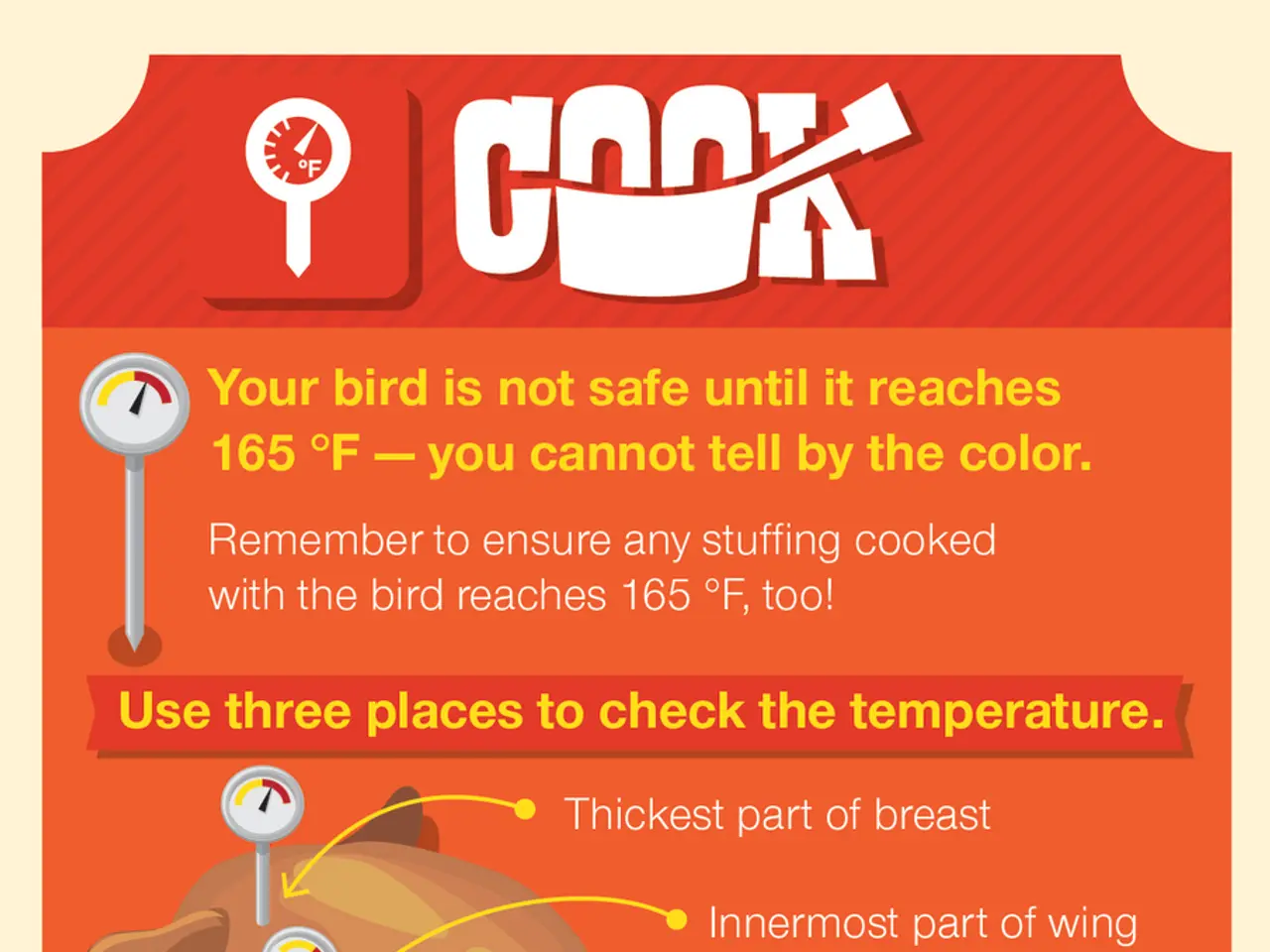Sabotaging Food Resources via mRNA Immunizations
In a recent warning, Dr. William Makis, a physician and medical researcher, has raised concerns about the potential risks of inoculating food animals with mRNA vaccines. According to Dr. Makis, these vaccines could pose significant risks to both animals and humans. Dr. Makis criticizes the lack of open discussion in medical circles about the risks associated with mRNA vaccines. He questions the justification for these risks, citing financial motives of pharmaceutical companies and narratives on unexplained emergent biological threats to livestock. One of the primary concerns raised by Dr. Makis is the risk of DNA contamination in mRNA vaccines. He fears that these vaccines could integrate into the genomes of animals and humans, potentially leading to unforeseen consequences. The researcher also discusses the mechanisms and risks associated with both conventional and self-amplifying mRNA vaccines. He expresses particular concern about the potential for prion, or protein misfolding, disorders like Mad cow disease and Creutzfeldt-Jakob disease to infect humans through the consumption of contaminated meat or milk. Dr. Makis further raises the potential link between these scenarios and global agendas aimed at reducing meat consumption and promoting alternatives like insects and cultivated meat. However, he does not provide details on the mechanisms by which these global agendas could be linked to the potential scenarios mentioned. Significant investments in mRNA vaccines for food animals are coming from major corporations and governments. Dr. Makis emphasizes the importance of supporting local farmers and opposing these global agendas. However, Dr. Makis does not provide concrete evidence for the existence of covert biowarfare projects. The main actors suspected in these secret bioweapons projects supporting the inoculation of livestock with mRNA vaccines are not clearly named in the available sources. Allegations involve injections being part of a non-kinetic bioweapon campaign aimed at weakening and targeting populations. There are accusations against vaccine advisory committees (like the US ACIP) of conflicts of interest and being influenced by pharmaceutical companies, undermining trust in vaccination policies. Despite these concerns, the potential adverse effects in animals, such as cancers, blood clots, myocarditis, reproductive issues, and neurodegenerative diseases, are not currently a focus of public debate. The article does not discuss any potential negative effects on the environment or economy due to the promotion of alternatives to meat. In conclusion, Dr. Makis' warnings serve as a call to action for a more open and critical discussion about the risks and benefits of mRNA vaccines in food animals. As these vaccines become increasingly prevalent, it is crucial to ensure their safety and the safety of the food supply chain for both animals and humans.




